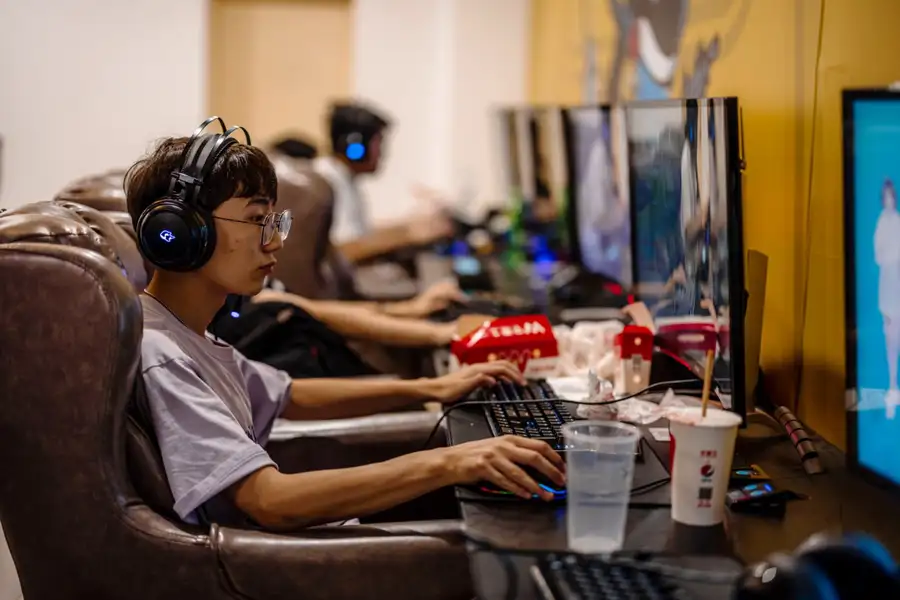Gaming Limits in China
According to a research of 7 billion hours of playing time, the stringent time limits China set on the amount of time under-18s could spend playing video games had little impact on intensive gaming generally.According to a study, China’s strategy of enacting curfews on video game playing had no immediate impact on excessive gaming.
Since 1 November 2019, the Chinese government has limited the amount of time that gamers under the age of 18 may access video games. After that, it was prohibited for kids to play video games for more than 90 minutes every day and 3 hours on holidays. In August 2021, the regulations were further tightened such that minors could only play on Fridays, weekends, and legal holidays for one hour.The policy’s objective is to fight gaming addiction, and other governments have cited it.
In the last 22 weeks, David Zendle from the University of York in the UK and his colleagues have analyzed more than 7 billion hours of playing time from 188 million distinct player accounts linked to the Unity game production tool in China. The study included the 11 weeks leading up to and the 11 weeks after November 1, 2019. The players’ ages were unknown, and the study was limited to this time frame to prevent any consequences from the early 2020 start of the covid-19 epidemic in China.

Heaving gaming, defined as playing for more than four hours each day, six days a week, did not decline. In fact, when the restriction was put in place, individual accounts were 1.14 times more likely to play games heavily in any given week. However, the authors claim that this isn’t a significant rise.The results, according to Zendle, are astounding. The most well-known policy that is widely believed to be effective is undoubtedly this one.
At De Montfort University in Leicester, UK, team member Catherine Flick notes that it was unexpected how little of an effect the policy appeared to have. “There wasn’t the effect that we would expect to see of people trying to work around that sort of limitation,” she claims.The results are intriguing, but only a small portion of the data set’s subjects would be impacted by China’s laws on minors, according to Igor Szpotakowski of Newcastle University in the UK.
The researchers claim that in order to obtain better data, technological frameworks are required that protect individuals’ privacy in data sets while enabling access to extensive behavioural and demographic data, such as age. However, the researchers assert that the outcomes – or lack thereof – should have a significant impact on how regulators consider their initiatives. Any rule-making in this discussion must be data-driven, according to Zendle.
Read more articles at:
ALso, more at: https://www.newscientist.com/article/2387005-chinas-video-game-limits-havent-cut-heavy-gaming/

